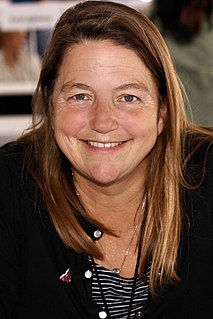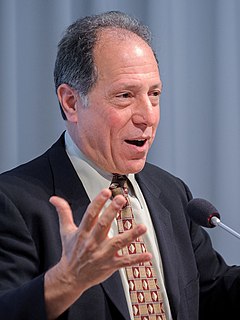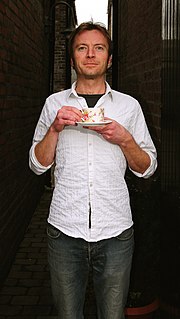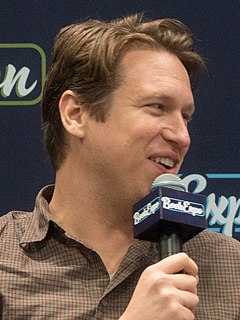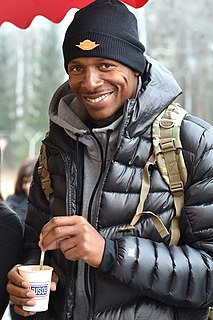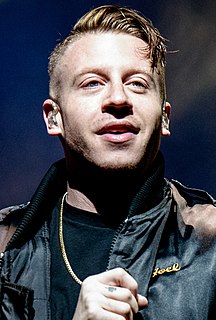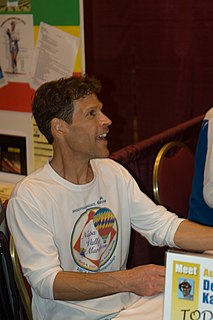A Quote by Carrie Brownstein
Living in Portland, which is a predominantly white city, the privilege and the luxury to be able to obsess over a certain kind of minutia, that I think, if you did not have that privilege, would never be bothersome. When people are worried about whether "local" means 100 miles, or 50 miles, or 10 miles from a grocery store, I just think, "Wow. What a privilege it is to have that as a major concern in your life." As opposed to, "Can we afford food tonight?" Sometimes I'm just shocked at what becomes concerning in these kind of communities.
Related Quotes
I have never been political, which for a straight white man that's kind of a byproduct of privilege growing up that I was kind of like, "Who cares who the president is, everything is coming up privilege." But now things are so scary and crazy and I have to say I'm not a fan of Trump at all. I don't agree with him in any way.
I revisited some music that I had written for Miles Devis. I used to work with Miles in the '80s. We did an album - "Tutu," that was really successful for Miles, and a couple of years ago we did "Tutu Revisited," and this is where we played the music from "Tutu." But I knew Miles would absolutely hate it if we just got on the stage and played the music the same way we did it in the '80s.
You don't necessarily have to do anything once you acknowledge your privilege. You don't have to apologize for it. You need to understand the extent of your privilege, the consequences of your privilege, and remain aware that people who are different from you move through and experience the world in ways you might never know anything about.
There is a privilege in American society to being male and being white, and I think it's hard for white males to understand that privilege, because we've never experienced the opposite. When I sought out mentors to try to move forward, there were white males in virtually every position from which I was seeking mentorship. There was a natural simpatico or natural comfort. And so if you believe that's true, and I believe it's true, then we have to change that. We have to try to equalize opportunity and privilege.
Black Power was really a major challenge to the social privileges and structures of the kind of privilege that I had grown up with. That whole belief... that you will only be able to advance if you are perfectly behaved, if you present yourself as what white people would consider an ideal of whiteness... all of that just began to burst open.


